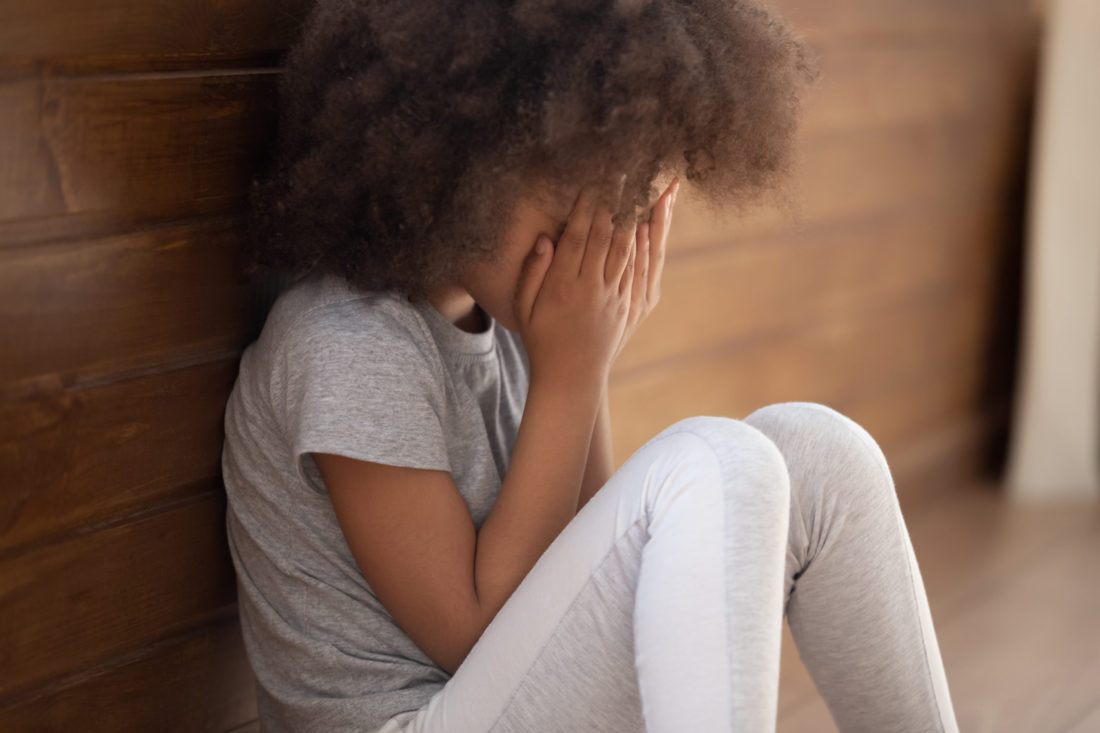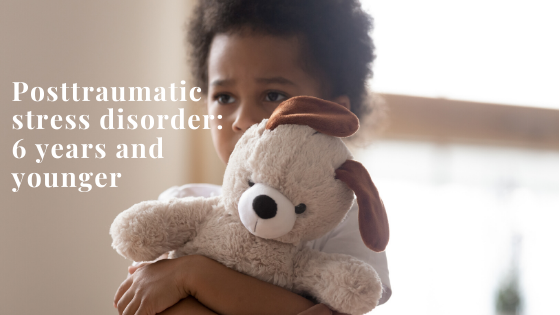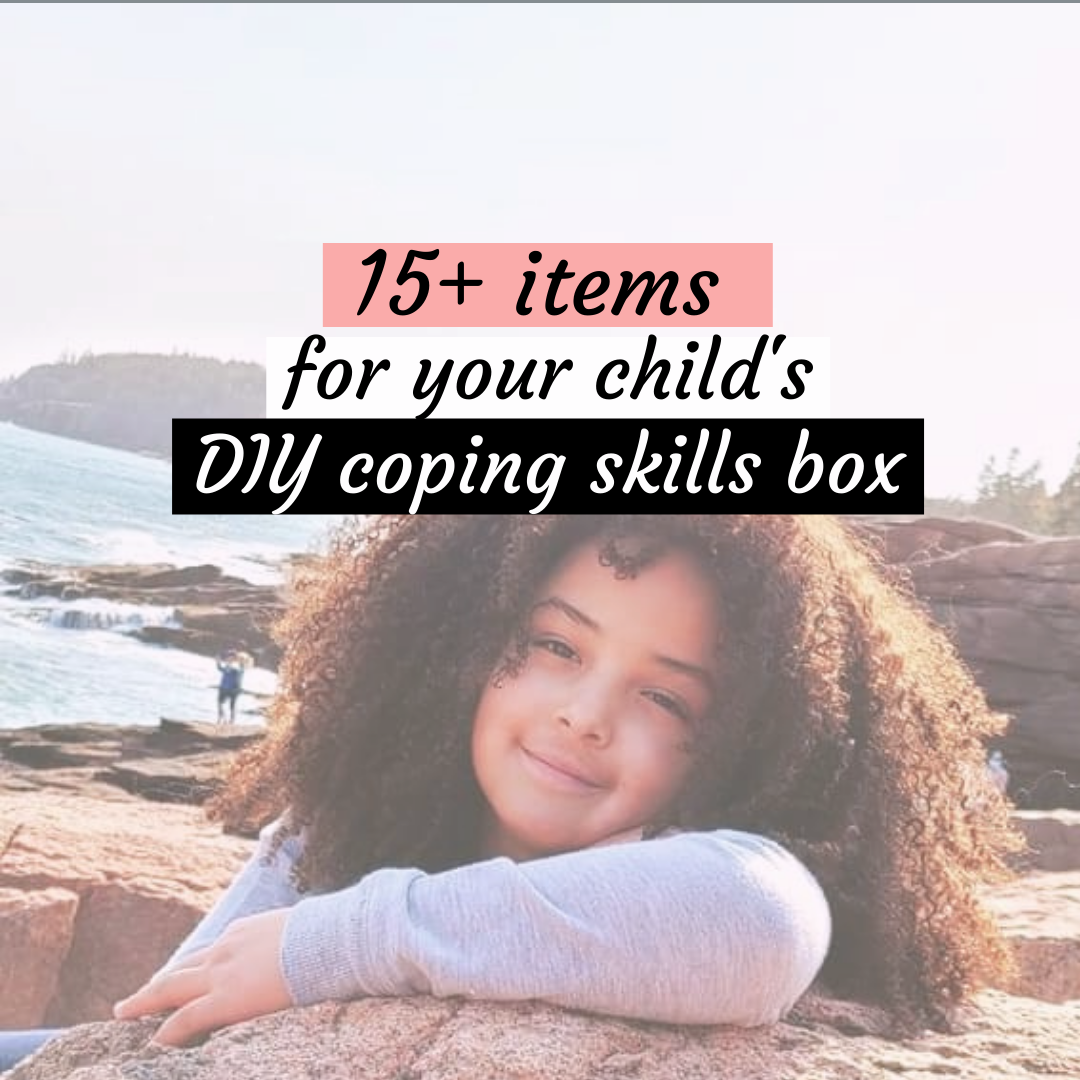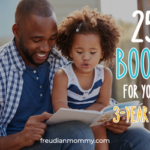Children are resilient beings. They have the ability to overcome the most stressful situations, and are able to go on to live perfectly healthy and thriving adult lives despite those negative childhood experiences. However, according to Dr. Daniel S. Schechter, a trauma researcher from Lausanne University Hospital, and many other researchers, children are resilient to a certain extent. Some traumatic childhood experiences will affect them developmentally and throughout adulthood.
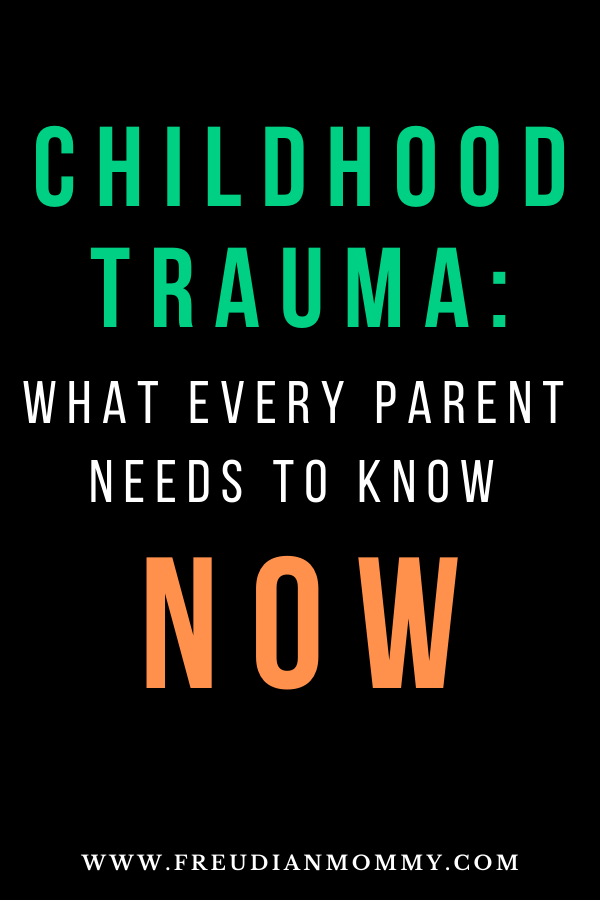
As a trauma-informed psychotherapist who believes primarily that a healthy mind begins in childhood and specializes in substance use disorders, I have witnessed the long-term effects of childhood trauma on adults for many years. And can attest that one’s risk of experiencing long-term mental health and general health issues is much higher when faced with adverse childhood experiences.
That is why I educate parents whenever I get the chance on the effects of childhood trauma and on how to care for a child who’s already been traumatized.
What the research says:
The CDC’s Adverse Childhood Experiences (ACE) Study is a huge part of my practice and the most important public health study for every parent and caregiver.
This study was conducted by the CDC from 1995-1997 and included 17, 421 participants. The participants were followed for more than 15 years thereafter.
The participants in the ACE Study were 75 percent white, 11 percent Latino, 7.5 percent Asian and Pacific Islander, and 5 percent Black. They were middle-class, middle-aged, 36 percent had attended college, and 40 percent had college degrees or higher. Their average age was 57. And they all had jobs. Read more about this study here.
The reason why the Adverse Childhood Experiences (ACE) Study is so important is that it found a link between childhood trauma and the chronic diseases people develop as adults, such as chronic diseases and social and emotional problems. This includes heart disease, lung cancer, autoimmune diseases, depression, violence, being a victim of violence, and suicide.
In other words, they found a link between why something that happened to you as a child could put you in the hospital as an adult. (Read more here)
A healthy mind begins in childhood
Children depend on their parents and caregivers to provide their basic needs such as food, shelter, clothing, and safety. A child’s relationship with their parents and caregivers is crucial as this relationship set the tone for a child’s physical and emotional health. This relationship will help the child develop healthy attachment, teach the child how to manage their emotions, and trust other people.
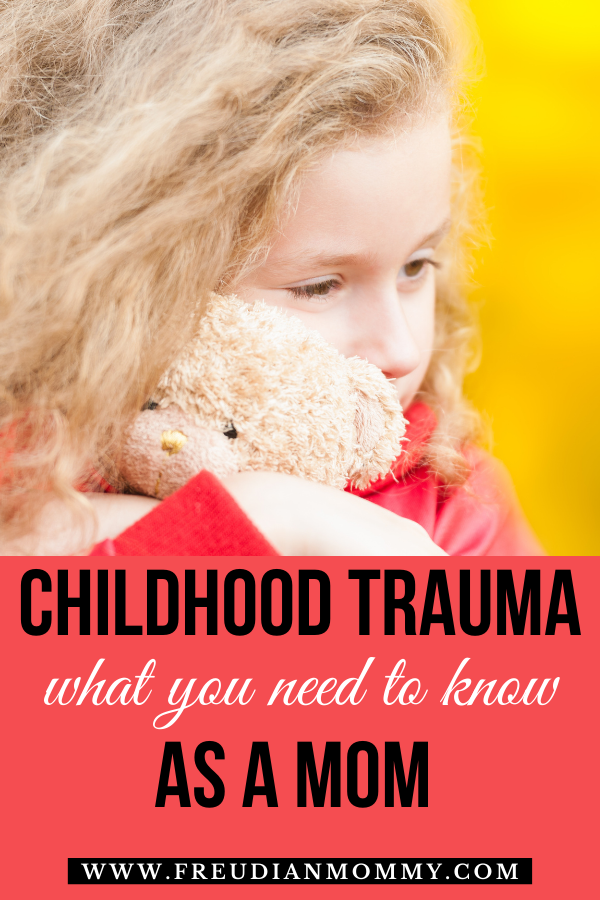
The first few years of a child’s life are the most important, as they determine how the brain will develop. Research shows that 85 percent of brain development is completed by age 5. Additionally, by age 2, the brain is 80 percent of its adult size.
However, studies found that prolonged and severe childhood trauma releases hormones that physically damage a child’s developing brain. The flight, fight, or freeze hormones help us in dangerous situations but become harmful when they’re turned on for too long.
When a child feels that they are in danger every day, for example, anticipating a parent will hit him or that his father is going to hit his mother later when he gets home, the flight, fight or freeze hormones are activated repeatedly. Because this child is always in fight or flee mode, the part of the brain, the prefrontal cortex that is supposed to focus on learning, is unable to do so because the brain prioritizes danger over learning.
What is childhood trauma?
The Diagnostic and Statistical Manual of Mental Disorders-IV (DSM 5) defines trauma in children six years of age and younger as exposure to actual or threatened death, serious injury, or sexual violence. This includes direct exposure to the trauma, witnessing trauma, and learning that the trauma happened to a parent or a caregiver. Physical, sexual, and psychological abuse, bullying, vehicular accidents, and exposure to domestic violence are a few of the common types of childhood traumas that may also result in post-traumatic stress disorder (PTSD).
The Adverse Childhood Experiences Study measured 10 types of childhood trauma. Five are personal; physical abuse, verbal abuse, sexual abuse, physical neglect, and emotional neglect. Five are related to other family members- an alcoholic parent, a mother who’s a victim of domestic violence, a family member in jail, a family member diagnosed with a mental illness, and the removal of a parent through divorce, death, or abandonment.
Effects of childhood trauma
An Ace score of 4 and higher ( 4+ traumatic childhood events) puts your child at a higher risk for health and social problems such as chronic diseases and mental illness as an adult.
The study found that compared with people with a zero ACE score, individuals with an ACE score of 4 (4+ traumatic experiences) had a:
- 240 percent greater risk of hepatitis
- 390 percent more likely to have a chronic obstructive pulmonary disease
- 240 percent higher risk of a sexually-transmitted disease
- Are twice as likely to be smokers
- Are 12 times more likely to have attempted suicide
- Are 7 times more likely to be alcoholic
- Are 10 times more likely to have injected street drugs
- Are more likely to be violent
- Have more marriages
- Have more broken bones
- Have more drug prescriptions
- Have more depression
- Have more autoimmune diseases
- Have more work absences
Multiple other studies have also shown that childhood trauma is associated with higher rates of PTSD, depression, anxiety, antisocial disorder, and higher risk for alcohol and substance use disorders.
In addition, children with PTSD may struggle with fear, depression, anxiety, anger, aggression, low self-esteem, difficulty trusting others, and self-destructive behavior. Other studies, not just the ACE, also found that suicide attempts were significantly higher in adults who experienced trauma such as physical abuse, sexual abuse, and parental domestic violence as a child.
Childhood trauma affects health across a lifetime
When children experience trauma, they learn that they cannot trust or depend on their parents or caregivers. They then start to see the people around them as untrustworthy. The long-term effects of childhood trauma are detrimental. Studies show how childhood trauma affects health across a lifetime. The more adverse childhood experiences a person has, the more likely they are to experience health problems later in life. Childhood trauma may increase a person’s risk of asthma, coronary heart disease, stroke, and diabetes.
Childhood trauma also affects relationships. Children who do not build a healthy attachment to their parents and caregivers have difficulty forming relationships throughout their childhood, including with peers and adults. They also struggle with maintaining romantic relationships in adulthood.
How to help your child heal from childhood trauma
As I mentioned at the beginning of this blog post, children are some of the most resilient beings. They have the potential to overcome adverse childhood trauma with the help of trusted parents and caregivers who can help them regulate their overwhelming emotions and teach them how to communicate their feelings and needs regularly. Here are some useful ways to help your child began the healing process:
- Find a licensed mental health professional who can help your child recognize their emotional needs and express them appropriately and regularly.
- Create a safe space for your child at home and make sure that they feel safe
- Encourage your child to express their feelings regularly
- Validate your child’s feelings
- Structure gives kids a sense of security, so create a routine and stick to it for a while
This reading was heavy, I know, but this is the most important blog post I will ever write on this site and sets the tone for why I am so passionate about my mission “a healthy mind begins in childhood”.
I hope you learn something valuable from reading this, and feel free to leave your thoughts in the comment section.
Freudian Mommy’s References:
American Psychiatric Association. (2013). Diagnostic and statistical manual of mental disorders (5th ed.). Arlington, VA: Author.

